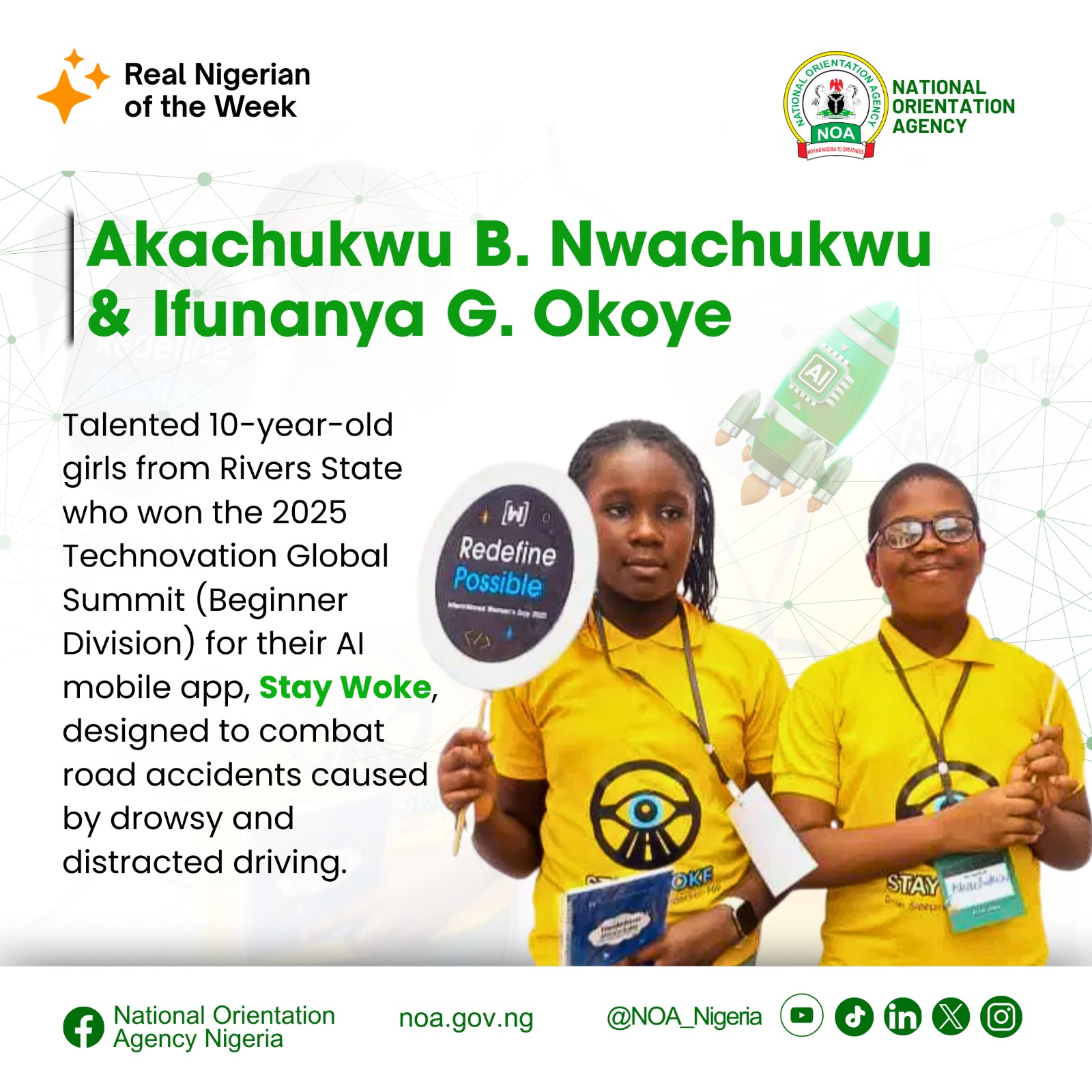In recent years, the global conversation on artificial intelligence (AI) and data science has been dominated by institutions and technology giants based in the Global North, Silicon Valley, London, Toronto, and Beijing. These centres of innovation are celebrated for their breakthroughs in large language models, autonomous systems, and advanced computing.
Yet, beneath the surface of this global narrative, a quieter, deeply significant revolution is unfolding across Africa. From Lagos to Nairobi, a new generation of African data scientists, machine learning engineers, and AI researchers is challenging conventional approaches by developing resource-efficient, context-aware, and socially impactful technologies. In countries where public infrastructure is inconsistent and datasets are sparse, African innovators are building AI systems that respond directly to the continent’s most pressing needs. These include low-resource language translation, early warning systems for flooding and disease outbreaks, precision agriculture for smallholder farmers, and mobile health diagnostics for underserved rural populations. One of the defining characteristics of this revolution is the prioritisation of contextual intelligence.
In much of the world, algorithms are developed with assumptions rooted in Western social structures, behavioural norms, and linguistic systems. When exported to Africa or other Global South contexts, such models often fail spectacularly. For instance, facial recognition systems developed primarily with light-skinned datasets tend to misclassify dark-skinned individuals, while natural language processing tools frequently omit indigenous African languages. African data scientists are bridging these gaps by designing solutions that reflect their social realities, building datasets in Swahili, Yoruba, Igbo, Amharic, and other local languages, and co-creating solutions with the very communities they intend to serve. Take, for example, the open-source Masakhane project, a decentralised collective of African researchers building neural machine translation models for African languages.
Similarly, initiatives in healthcare and agriculture are utilising low-cost sensors, satellite imagery, and open data to design predictive tools that account for seasonal shifts, informal economies, and localised patterns of behaviour. These innovations challenge the idea that cutting-edge AI must be expensive or hyper-centralised. Instead, they highlight what I call the “resilience model” of African AI, doing more with less, and doing it better for the people who need it most.
In many ways, this bottom-up approach to AI development could serve as a blueprint for the rest of the world. With growing global concerns about energy-intensive training processes, opaque algorithms, and ethical blind spots in AI deployment, African AI offers a more sustainable and socially aligned path forward. Models trained on modest datasets and deployed on mobile phones are not just cheaper, they are also more environmentally responsible. Moreover, when solutions are built in collaboration with users and communities, issues of fairness, bias, and transparency are addressed early, rather than as an afterthought. But the importance of Africa’s AI movement goes beyond technological efficiency. It has profound implications for AI ethics and governance.
Many African AI practitioners operate in contexts where the stakes are not abstract ─ they are life and death. As such, African data scientists often embed ethical safeguards directly into their model design. This proactive and inclusive approach to ethical AI is something the rest of the world must learn from.
Yet despite these remarkable advances, African AI voices remain underrepresented in global discussions. International funding flows, research citations, and media attention continue to favour institutions in the Global North. Many African researchers publish in open repositories or regional journals, only to find their work overlooked in mainstream conferences or ignored in international policy debates. This imbalance not only marginalises critical innovations but also deprives the global community of diverse perspectives that could shape the future of AI in more equitable ways.
It is time for the global community of academics, policymakers, funding agencies, and corporations to recognise the intellectual and ethical leadership emerging from Africa’s AI sector. Supporting African-led AI initiatives should not be framed as a gesture of inclusion, but as a strategic imperative. This support can take the form of research grants, access to computing resources, cross-institutional fellowships, or even global co-authorship of AI policy frameworks. In short, the infrastructure of global AI must be redesigned to accommodate, amplify, and reward African excellence.
Within Africa, Nigeria stands at a critical point. With a rapidly expanding youth population, a growing technology ecosystem, and vibrant AI communities in cities like Lagos, Abuja, and Ibadan, Nigeria has the potential to become a continental leader in ethical AI innovation. But this will not happen automatically. It requires bold investments in AI education, robust data governance frameworks, incentives for open data sharing, and public-private partnerships to scale promising innovations. More importantly, it requires a shift in mindset, one that sees data scientists not just as technical workers but as civic leaders and policy influencers.
To this end, some AI enthusiasts and experts in Nigeria have, in their own capacities have been contributing to the wave of ethical AI innovation in their work, research and businesses. The stories of David Inioluwa Ajibade in The Guardian titled ‘How local e-commerce startups can serve Nigerians better’ and Ugochukwu Charles Akajiaku in The Punch newspaper titled ‘Shaping AI future’ encapsulate this clarion call better.
Young professionals like myself and my peers have shown that it is possible to build AI systems that reflect the aspirations and realities of African communities. We have built classifiers to monitor water quality, spatial models to map informal settlements, and recommender systems for agricultural extension. We have done this often with little funding, limited infrastructure, and without the global spotlight. But we have also done this with a clear sense of purpose that AI should be a tool for justice, dignity, and resilience.
The future of AI does not belong to any single region or ideology. It will be shaped by those who solve problems with empathy, design systems with humility, and share knowledge with integrity. Africa, through its challenges and creativity, is already charting this path. The rest of the world would do well to follow it, not out of charity or obligation, but out of a genuine desire to build an AI future that works for everyone.
Otutu, a geophysicist and data scientist, writes from Abuja.






